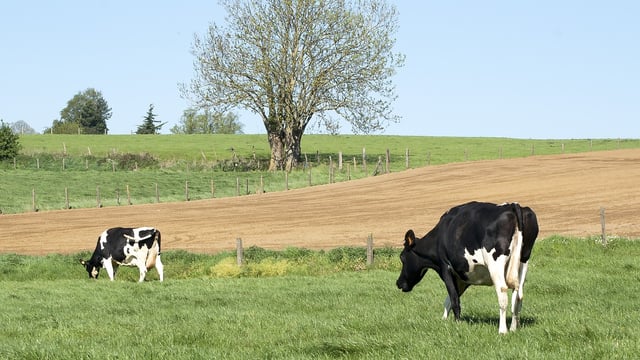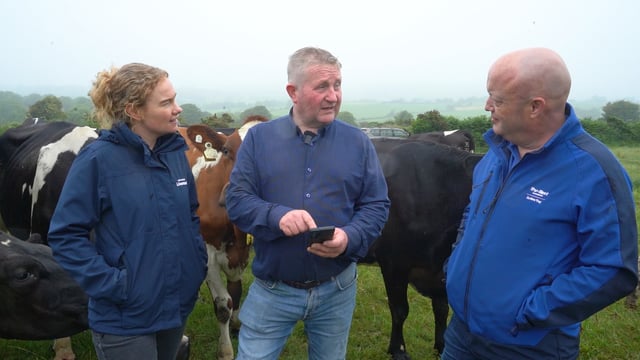Over 20,000 Irish cattle supplied to African countries
Latest figures from the Department of Agriculture, Food and the Marine (DAFM) show that over 20,000 head of Irish cattle have been supplied to African countries this year.
These cattle are predominantly used in their destination countries for beef production but some are also used for dairy production as well.
The main four African countries Ireland supplied cattle to this year is Morocco, Algeria, Tunisia and Lybia.
Over 17,000 Irish cattle have been sold to Morocco this year with 2,000 going to Algeria and just over 600 going to both Tunisia and Lybia.
The news comes as 2024 marks a record year for Irish cattle export numbers with over 315,000 cattle exported in the first 40 weeks of the year.
Just over 197,000 of these are calves with 39,000 weanlings, 38,400 store cattle and 40,500 adult cattle.
This is an increase of 10% on the number of cattle exported last year. Disease restrictions as well as the reduction in cattle numbers in many European countries are both factors which are aiding the demand for Irish cattle in both overseas countries and Northern Ireland.
The largest three market destinations for Irish cattle this year have been Spain, the Netherlands and Northern Ireland taking 89,300, 78,500 and 42,396 head of cattle (including calves) respectively.
Earlier this month, the non-government organisation (NGO) and charity Bóthar exported 30 in-calf heifers to Kosovo with the aim of assisting family farms in the country.
The shipment was made on October 10, with the heifers going towards assisting families who currently rely on subsistence farming.
Kosovo is a country in south-eastern Europe of about 1.6 million people. However, a sizeable minority of countries in the world (including five member states of the EU) do not recognise it as an independent country.
The country was previously a part of Serbia and is considered a developing country.





